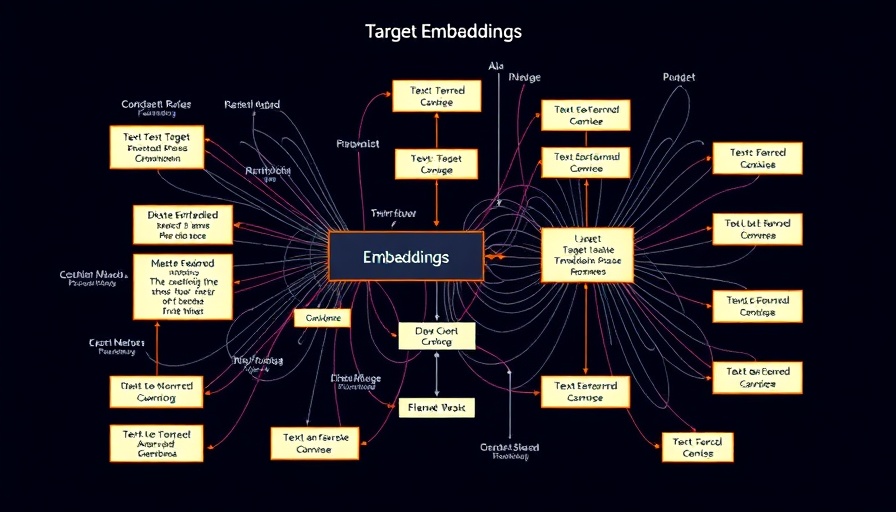
Understanding Gender Bias in AI: A Closer Look
In today's digital world, artificial intelligence (AI) increasingly influences many aspects of our lives, from hiring decisions to educational opportunities. However, an alarming truth lurks beneath the surface: AI systems often reflect the gender biases present in our society. The impact of these biases can have serious implications, reinforcing inequalities and perpetuating stereotypes. For understandable reasons, addressing these biases is critical for promoting fairness and equity.
A Brief History of Gender Bias Research
Research into gender bias in AI spans several notable studies, showcasing the breadth of this issue. One pioneering work, "Man is to Computer Programmer as Woman is to Homemaker?" by Bolukbasi et al. (2016), reveals that word embeddings used in AI often inherited prejudiced assumptions from training data. By conducting arithmetic operations on word vectors, the researchers highlighted the existence of sexist analogies resulting from biased representation in the underlying datasets.
The Importance of Mitigation Strategies
As highlighted by the Center for Equity, Gender, & Leadership, effectively tackling AI biases requires a multi-faceted approach. Strategies include fostering diverse development teams, implementing ethical AI principles, and continuously measuring the performance of algorithms across different demographics. By ensuring representation in both data collection and algorithm training, we can create systems that are more equitable and just.
Moving Towards Inclusive AI Models
Recent insights from Cogito emphasize that gender bias in AI isn't merely a byproduct of human error; it's a systemic issue that requires both awareness and action. As we strive for more equitable technology, it's imperative for researchers and machine learning teams to work collaboratively in correcting these disparities. Ensuring balanced representation in datasets and involving diverse stakeholders in AI development are critical steps for fostering inclusive technologies.
What Lies Ahead?
The future of AI holds tremendous potential for enhancing human capabilities, but we must remain vigilant about bias. By prioritizing inclusivity in AI models, we can minimize harm and reinforce fairness in society. Strategies to combat bias and inequalities are not only essential for technology but serve as a collective responsibility to shape a more just world.
As we navigate the complexities of AI, let’s commit to making technology work for everyone, regardless of gender. For more insight into how bias affects AI technologies and effective strategies to combat it, explore the detailed playbook available through industry leaders.
 Add Row
Add Row  Add
Add 




 Add Row
Add Row  Add
Add 


Write A Comment